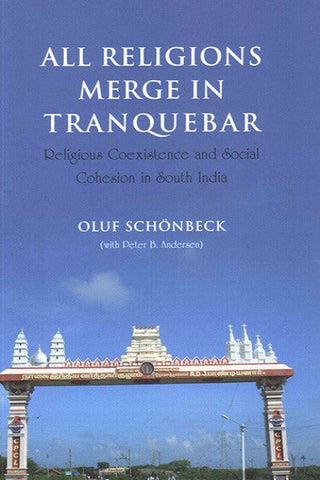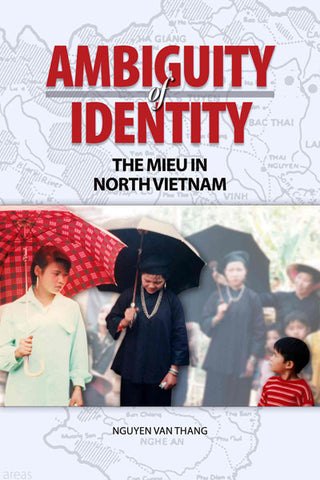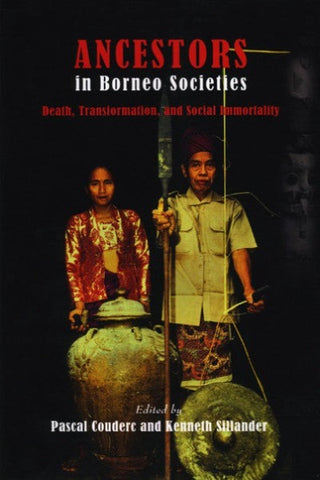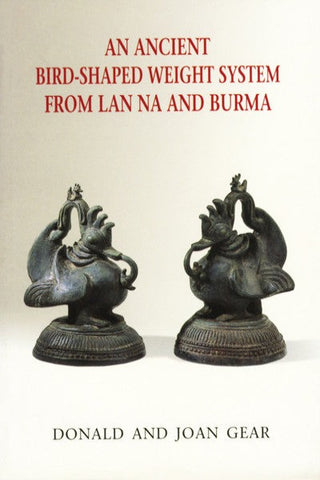Quagmire: Nation-Building and Nature in the Mekong Delta
by David BiggsWith a foreword by William Cronon
In the twentieth century, the Mekong Delta emerged as one of Vietnam’s most important economic regions. Its swamps, marshes, creeks, and canals played a major role in Vietnam’s turbulent past, from the struggles of colonialism, to the Cold War, and to the present day. Quagmire considers these struggles, their antecedents, and their legacies from the perspective of environmental history.
Beginning with the French conquest in the 1860s, colonial reclamation schemes and pacification efforts centered on the development of a dense network of new canals to open several million hectares of land for agriculture. These projects helped precipitate economic and environmental crises in the 1930s, and subsequent struggles after 1945 led to the balkanization of the delta into a patchwork of regions controlled by the Viet Minh, paramilitary religious sects, and the struggling Franco-Vietnamese government.
After 1954, new settlements were built with American funds and equipment in a crash program intended to solve continuing economic and environmental problems. The American military collapse in Vietnam revealed not simply a failure of policy makers, but also a failure to understand the historical and political complexity of these landscapes.
By exploring the delta as a quagmire in both natural and political terms, Biggs shows how engineered transformations of the Mekong Delta — channelized rivers, a complex canal system, hydropower development, deforestation — have interacted with equally complex transformations in the geopolitics of the region. Engineers, social scientists, and other experts have tried to refashion the ever-shifting wetland ecosystems of the delta to conform to progressive visions of empire, colony, and nation. At the same time, the collective power of settlers, laborers, and insurgents has affected those plans.
Quagmire presents an intricate, rich history that shows how closely political and ecological issues are intertwined in the human interactions with the water environment in the Mekong Delta.
What others are saying
“This brilliantly researched book explains the part that the environment has played in several colonial schemes in the Mekong Delta and in America’s most tragic war there, and how the environmental history of the Mekong Delta has been part of the process of nation-building in Vietnam.” — Mart Stewart, Western Washington University
“The delta has played a decisive role in the successes (not many) and the failures (a lot of them) of colonial and post-colonial regimes, of the American war efforts, and of modernization and development. Biggs focuses on the muddied delta and its ‘quagmire’ characteristics, which shaped every economic, agricultural, and political project.” — Thongchai Winichakul, University of Wisconsin-Madison
Highlights
- Explores the relationship between the complex colonial history of Vietnam and the landscapes and waterscapes of the Mekong Delta
- Critically examines the agency of man and nature within nation-building processes
- Illustrates how the Vietnam War was not simply a failure of policy makers, but also a failure to understand the historical, political, and environmental complexity of the spaces American troops attempted to occupy and control
About the Author
is associate professor of history at the University of California, Riverside.
Related files
- Information Sheet (Adobe PDF, 418 KB)








Share this item: